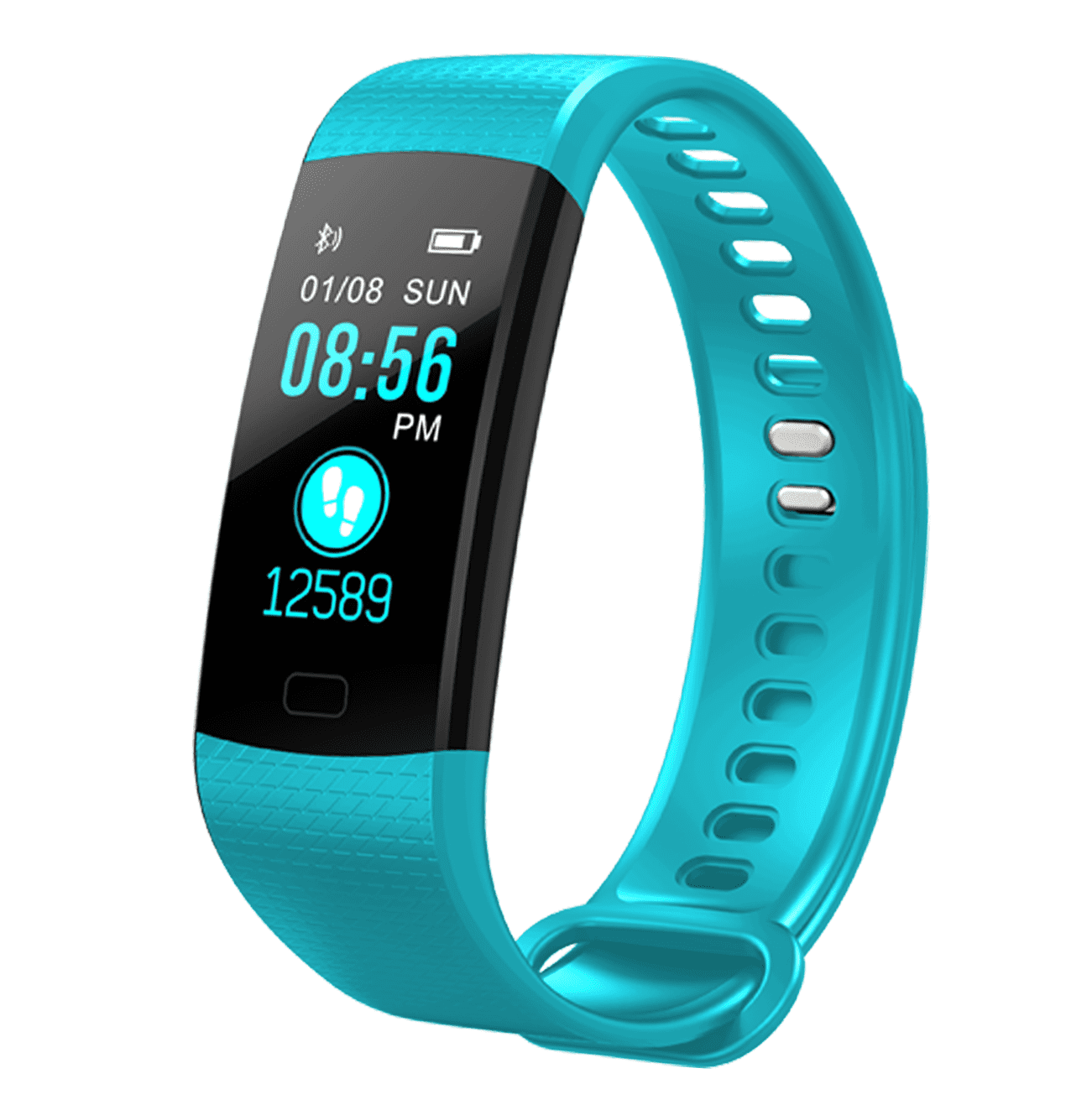
That means less scrolling, which is always a win in our books. Your daily data is presented on a super-sharp color AMOLED display, which offers lots of detail in a very small space. When we put it to the test, we were particularly impressed by its heart rate monitoring accuracy, which was on a par with much more expensive running watches. The Luxe tracks everyday activity, sleep, heart rate, respiration and workouts. For casual enthusiasts just looking to get more active and monitor their steps, sleep, calories, workouts, and other fitness metrics, a tracker is ideal. Similarly, if you're most at home in the pool, we recommend looking at the best swimming watches, which will accurately measure heart rate underwater and offer features like automatic stroke detection. However, they usually cost a bit more as a result. These have a lot of the utility of fitness trackers but also include more advanced training tools and features, such as onboard GPS and comprehensive running metrics.
If you're already a dedicated runner or triathlete, and you're aiming to set a new personal best, we recommend checking out Techradar's best running watches guide instead. They also often offer notifications and the ability to reject or answer calls, but we take all features and considerations into account when developing our scores. Many fitness bands are sleek, silicone affairs designed to fit nicely under a shirt cuff. The accuracy concerning sleep patterns of people of different ages and genders is highly accurate and consistent.A good fitness tracker is the one you're happy to wear every day it's got to be comfortable, have long battery life, and look good doing its job. Looking closely at data from the sleep insights, a lot of users reported that their sleep cycle rhymed with data of other users within their age bracket and gender. The report suggested that sleep trackers can be relied on to improve sleep behaviors. Data published in this report was pooled from sleep trackers which measure heart rate and movement and sleep lab tests. While Fitbit themselves has never stated 100% accuracy on their devices, in April 2017, an interesting report was published in the Sleep Journal. This is the point where you have to rely on the manufacturer’s claims on accuracy. The Sleep Insights tool allows you to compare your sleep data alongside your past 30 days and other users. The fact that you can only compare Fitbit’s data with data captured in a sleep center gives us the benefit of doubt.

It’s hard to determine the accuracy of the sleep stages by yourself. You can rely on this data as it is proven to be almost perfect. For example, the Fitbit Altra HR records no mistakes in cases when a user decides to use the bathroom or grab a glass of water at night. According to a survey from users, the falling asleep time and waking time did not lag over most days. In a general view, the various attributes that Fitbit sleep trackers take into account are considered accurate and thus dependable to a given degree. The General Accuracy of Fitbit Sleep Trackers This makes the accuracy tests to be determined only in various features of the trackers.
The manufacturer fails to reveal the algorithm used in determining and analyzing arm movement and data from the body. Algorithm Ambiguityĭetermining the real accuracy of Fitbit sleep trackers is usually faced by one major hurdle. For this reason, the accuracy of Fitbit sleep trackers is compromised because you cannot account for the exact sleep quantity for any given day. Naturally, the body has sleep variations every day. It’s tough to determine the exact amount of sleep that you need for a given day.


 0 kommentar(er)
0 kommentar(er)
